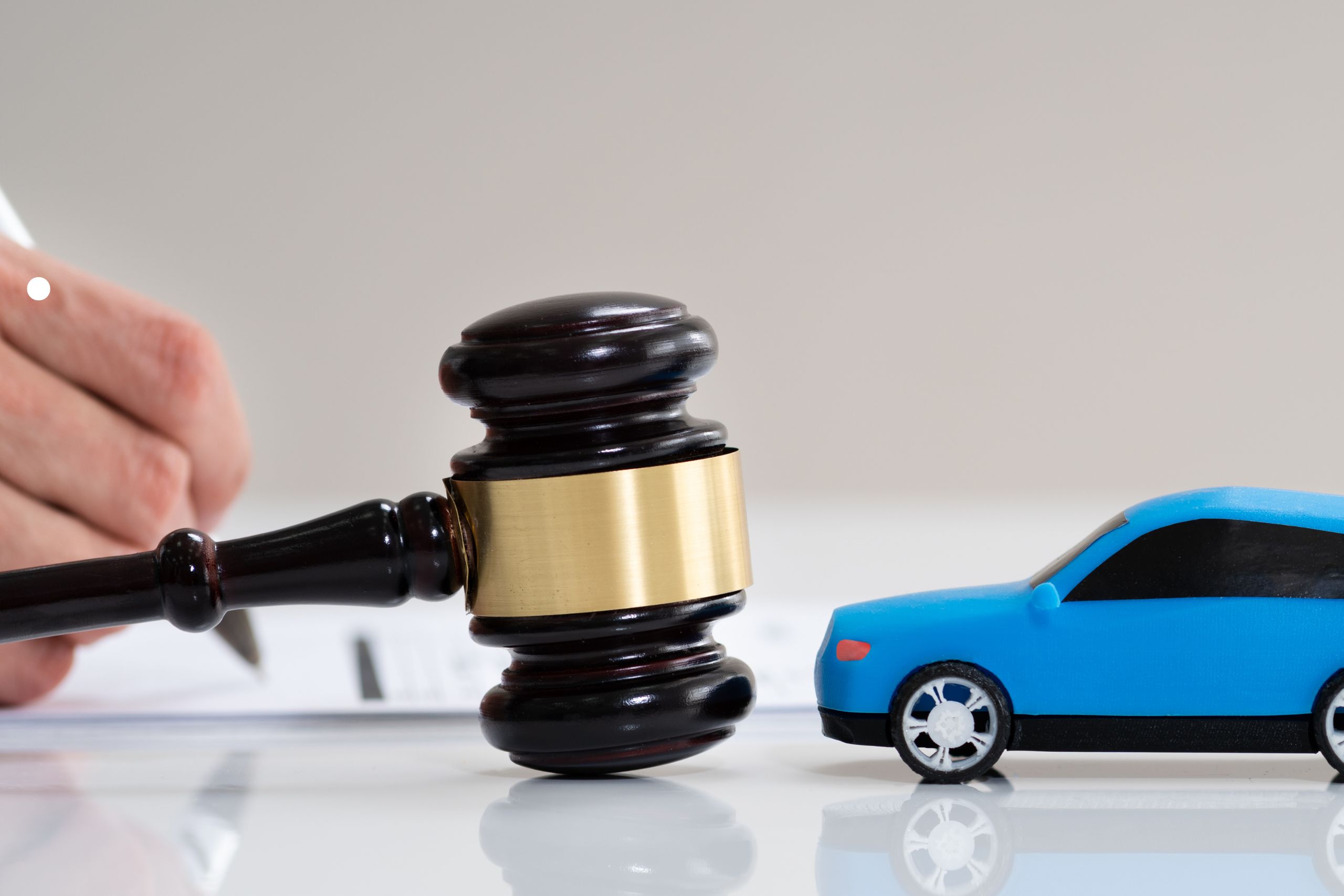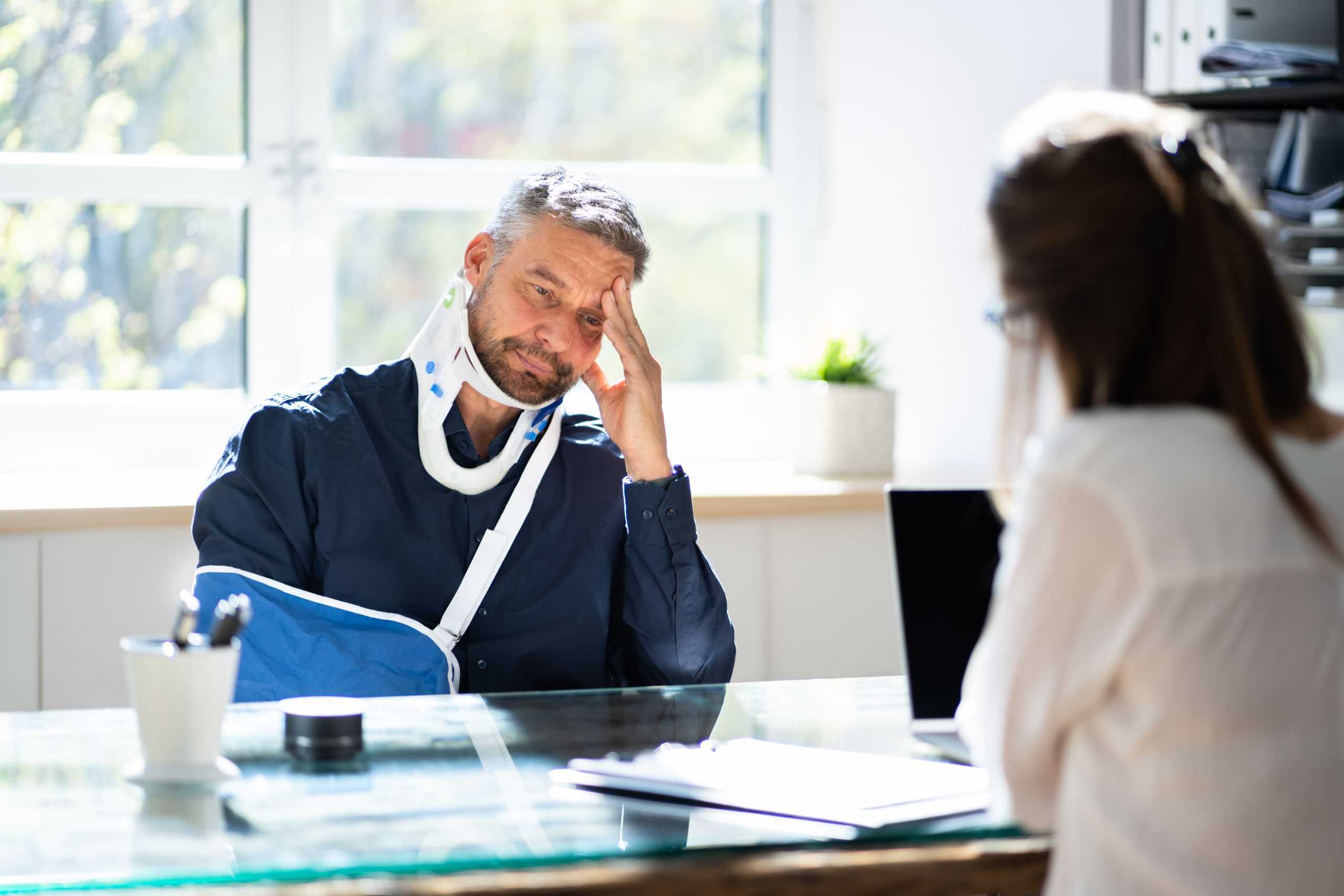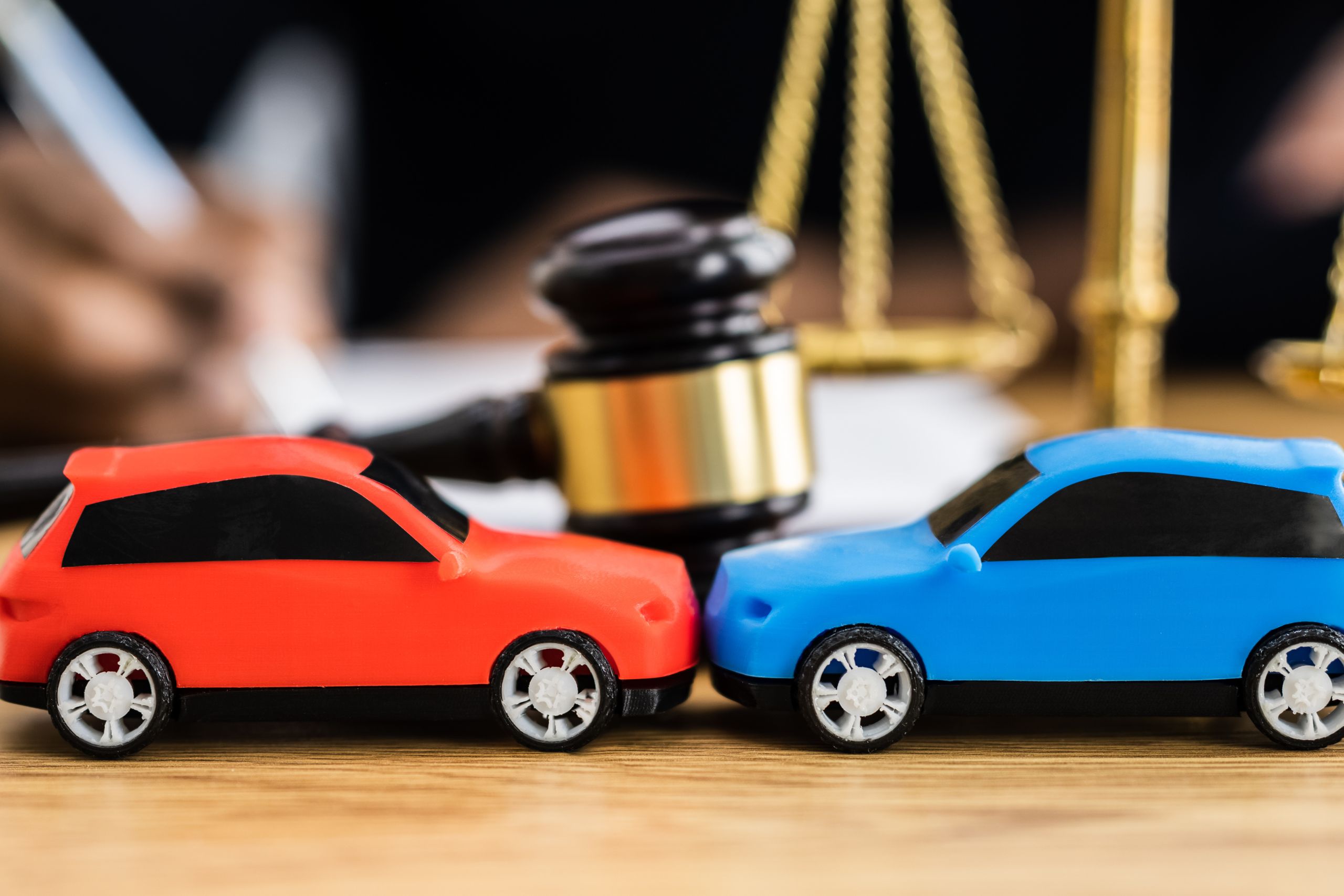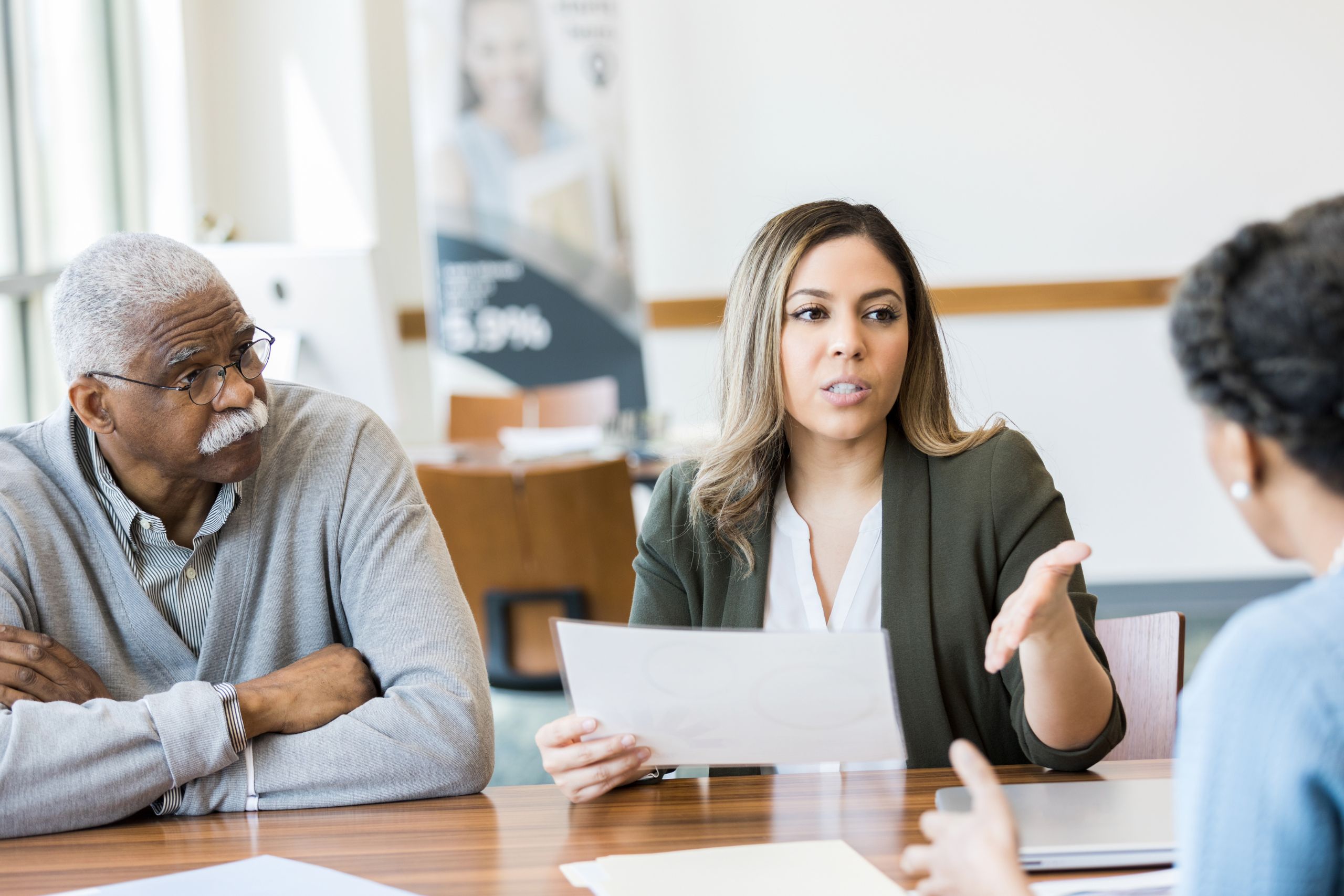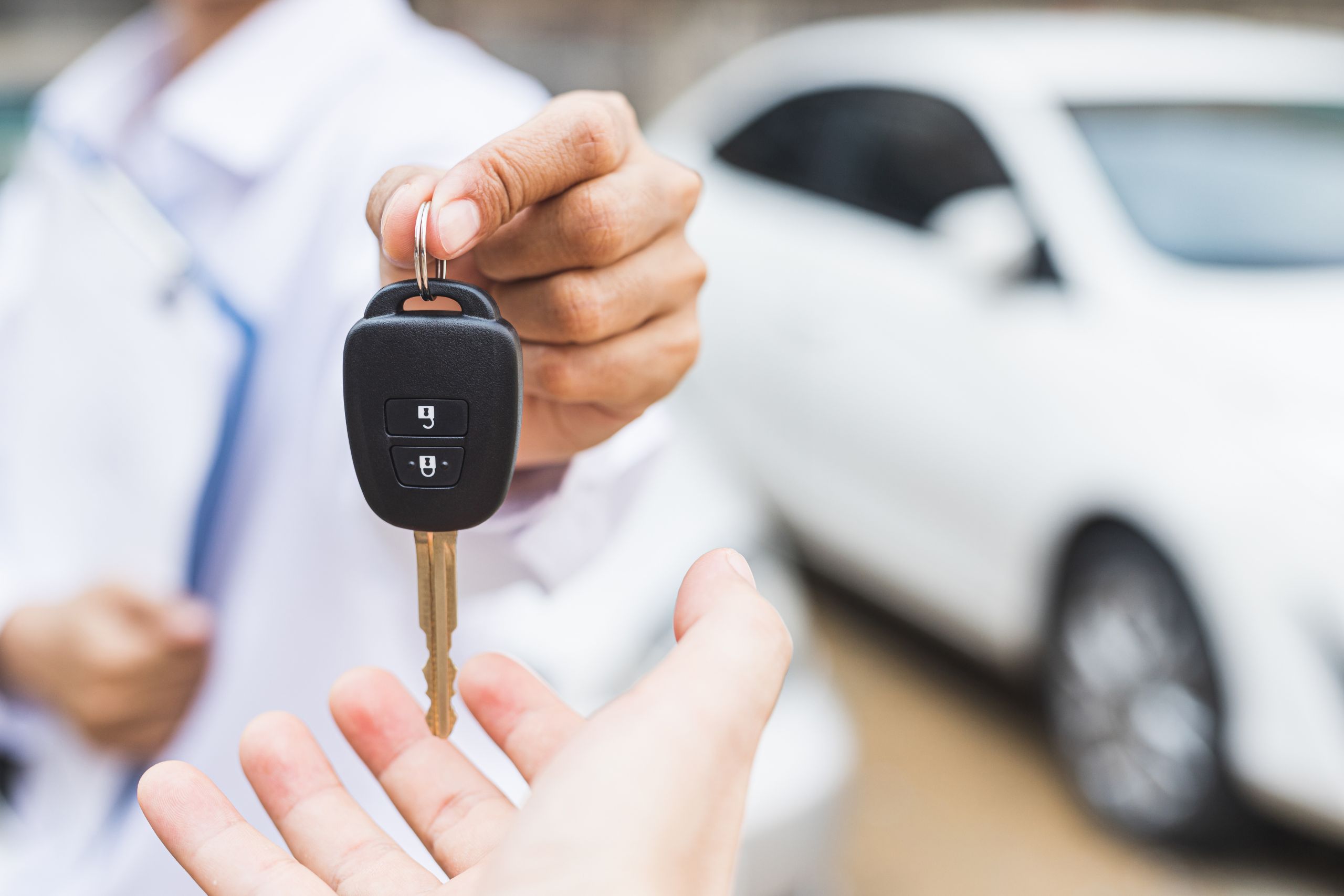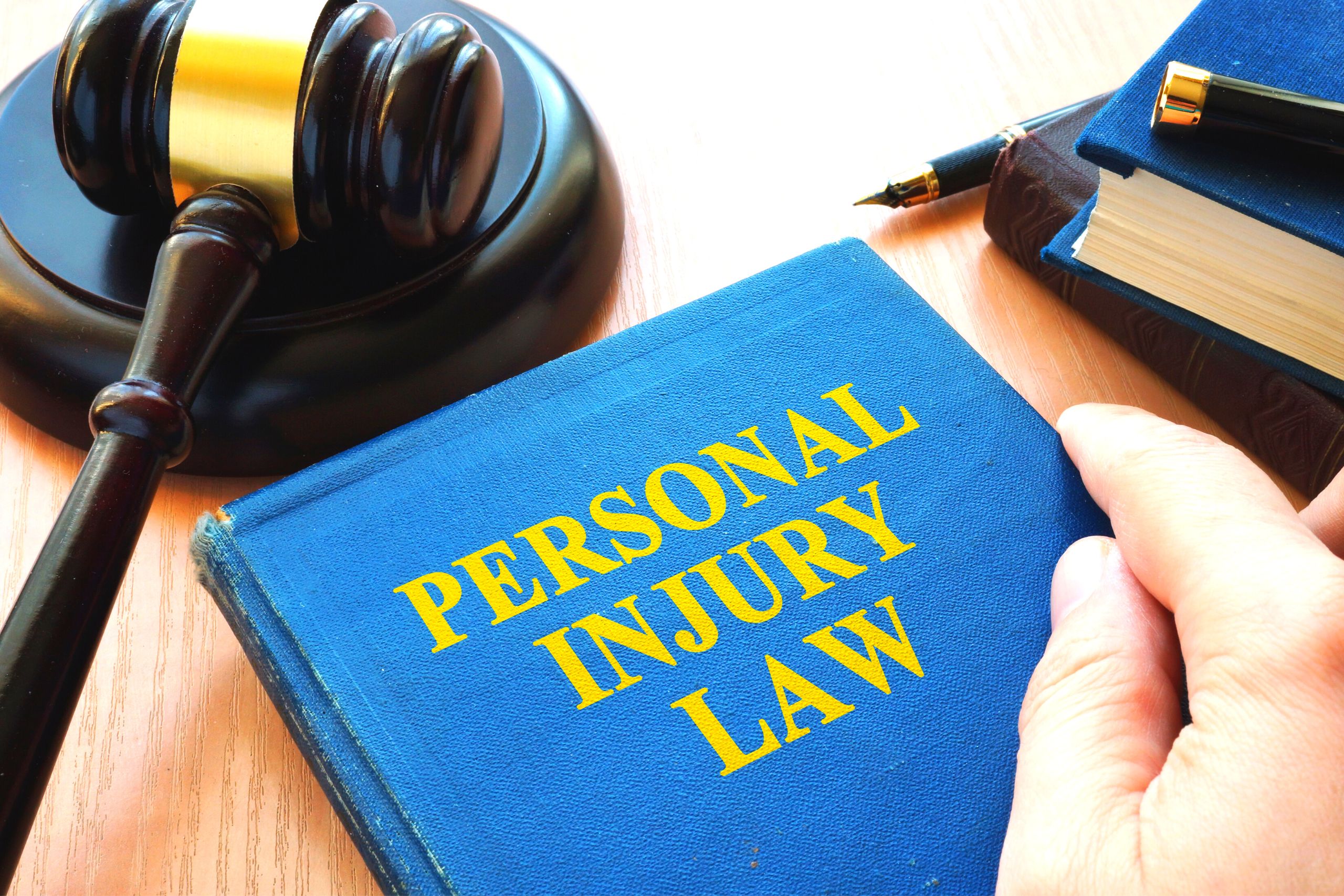If you are a plaintiff in a personal injury case, your Fort Lauderdale injury lawyer may well suggest hiring an actuary – and doing so fairly early on in the process. This is often a critical first step because actuaries, who are experts in mathematics, statistics, and financial theory, can help us get a better…
Continue reading ›Broward Injury Lawyer Blog
Car accidents happen every day in Florida – about 1,095 times a day, to be exact. In some of those instances, more than one person may be at-fault. They may not be equally at-fault. But as a Fort Lauderdale personal injury lawyer can explain, the fact that an injured party was partly responsible for a…
Continue reading ›The legal process is vexing for most people. A Fort Lauderdale personal injury lawsuit is no different – especially because you’re navigating it all after just emerging from a traumatic incident such as a car accident, medical malpractice, or hazardous conditions/violence on someone else’s property. Most people aren’t experts on insurance coverage, liability, and the…
Continue reading ›Few occurrences are quite as traumatic as the serious injury or death of a child. Parents navigating the aftermath and exploring avenues of accountability and compensation from those at fault need to understand there are a few ways in which Florida child injury lawsuits differ from other claims. As our Fort Lauderale personal injury lawyers…
Continue reading ›On average, there are more than 380,000 Florida car accidents reported annually. If you’re involved in one of them, preserving the possibility of a Fort Lauderdale personal injury claim means knowing not only what to do in the aftermath, but what NOT to do. As a longtime Fort Lauderdale car accident lawyer, I’ve sadly seen…
Continue reading ›As Broward car accident lawyers, we may be able to represent more than one person involved in the same car accident – but only when there is no conflict of interest between them. The problem, however, is that not all conflicts of interest are immediately apparent. Defining a Conflict of Interest As noted in Florida…
Continue reading ›One of the more unique elements of Florida injury law is the dangerous instrumentality doctrine. It essentially allows the owner of a vehicle to be held legally responsible for damages inflicted by negligent operation of that vehicle, even if it wasn’t the owner who was driving. As a Broward injury lawyer can explain, it’s an…
Continue reading ›Florida’s sun-kissed beaches, resorts, and theme parks are world-renowned – which is why Broward County alone drew 118 million visitors in a single recent year. Tourism is the state’s No. 1 industry, and our restaurants, hotels, and other businesses profit handsomely from it. But with this comes responsibility to take reasonable precautions to protect guests…
Continue reading ›One of the first questions people start asking after a serious accident is, “Do I have a personal injury case?” Weighing both the viability and value of a potential case is important when considering how to proceed. But you’re going to have a tough time answering that question without first talking to a Florida injury…
Continue reading ›Large trucks are the lifeblood of our economy in Florida and throughout the U.S., a vital cog in virtually every supply chain wheel in the country. But they can also be incredibly dangerous to other motorists, as well as vulnerable road users such as bicyclists and pedestrians. When crashes with big trucks do occur in…
Continue reading ›













